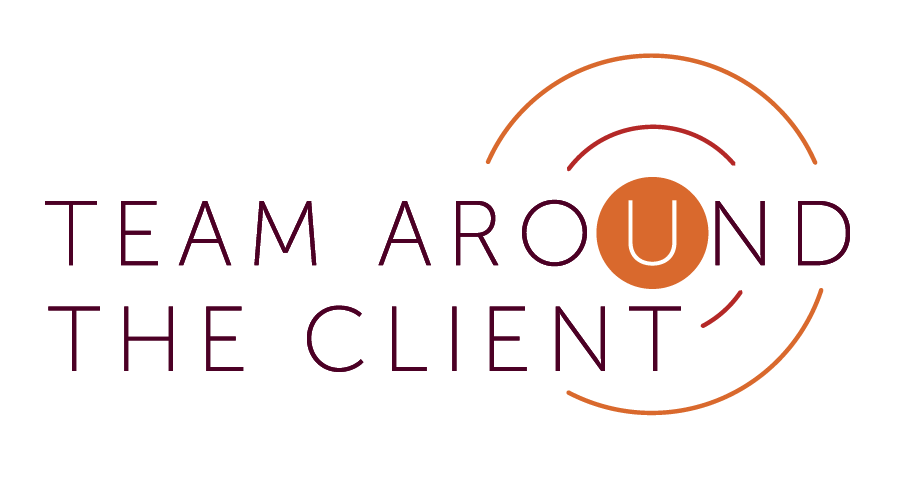Family advice
Long Covid – a new challenge for family members who care for disabled loved ones?


It has long been recognised that caring for a family member can be demanding, with a large body of research attesting to the typically negative physical, emotional, financial, and relational impact of caring for someone, particularly long-term (Sanders 2020).
Since the Covid-19 pandemic, some family carers have faced the additional challenge of trying to fulfil their carer role whilst they, themselves, struggle with long Covid.
According to figures released by the Office for National Statistics in May 2022, approximately 1.8 million people (3% of the population) reported experiencing symptoms of long Covid (i.e., symptoms persisting for more than four weeks after the initial covid-19 infection). The most common symptoms experienced included fatigue, shortness of breath, loss of sense of smell and difficulties concentrating and these, as noted by Baz et al (2021) have “an impact on people’s day to day life and functioning making it difficult to for individuals to fulfil their normal everyday responsibilities.”
Paid carers, such as those working in health and social care have been amongst those most affected by long Covid, with many experiencing long term health problems significant enough to warrant time off work to recover. Recognition of this has given rise to a range of wellbeing initiatives aimed to support staff recovery. But what of the unpaid, informal, usually family, carers of people with disabilities? What do we know about the impact of long Covid on them and what are their support needs?
A brief review of recent research did not yield any specific information on or data about family carers who have long Covid. And yet, given the ONS statistics, it is reasonable to assume, that there are many carers who are likely to be affected. This appears to be an important gap in the understanding of the long covid impact.
"what of the unpaid, informal, usually family, carers of people with disabilities? What do we know about the impact of long Covid on them and what are their support needs?"
The newly established NHS Post-Covid clinics provide some anecdotal evidence about the lived experience of family caregivers suffering enduring covid symptoms. It was noted that people caring for family members are presenting to these clinics and do report struggling to fulfil their carer role.
Two typical scenarios were described in the evidence from Post-Covid clinics:
Family carers with long covid “stepping back”:
Carers with long covid who report having to step back either fully or partly from their care role, because of their own symptoms, leaving the disabled person with reduced care.
Family members described experiencing guilt and distress about this and said that other family members, not normally involved in providing care, were often expected to pick up the role.
Long Covid’s ripple effect on the families of disabled people is likely to be significant. It is also likely that some disabled people will be placed at risk of harm due to reduced care provision, but there are no data currently available about this.
Family carers with long covid “pushing through”:
Other carers with long Covid, whilst feeling the need to pull back from their care role to facilitate their own recovery, report being unable to do so due to a lack of alternative support for their disabled relative.
As such, they carry on providing care despite their ongoing and debilitating long Covid symptoms, with the knowledge that doing so will hinder their own recovery. It is not unusual though for family carers to focus on the needs of their disabled relative instead of their own (Sanders 2020) and in the long covid context, it is possible that carers experiencing symptoms might not adhere to treatment recommendations provided to them.


It is also likely that a significant number of family members with enduring Covid symptoms do not get as far as specialist clinics, their symptoms either being missed, misdiagnosed, or not reported to a GP in the first place. There are many possible reasons for carers’ reticence to seek help, including fear of being perceived as “not coping” and the resulting implications for their disabled relative (e.g., the unwanted introduction of formal carers or respite).
Interestingly, a third scenario was occasionally observed whereby long Covid in a family carer resulted in a helpful “resetting” of existing care arrangements, with reduced provision of care being seen to be associated with improved independence in some care recipients. Whilst this is an unlikely outcome for many of our clients who have enduring care and support needs, long Covid might now necessitate the need for more regular and robust carer assessments and a willingness to identify alternative avenues for care support if families are no longer able to provide this.
What might help family carers who have long Covid?
In the absence of data or specific guidance on how best to support carers who have long Covid, what can professionals do?
1. Brain injury professionals should update their knowledge of long Covid presentation and support options. This will foster early detection of carers who appear to be experiencing long Covid symptoms.
Particular attention should be given to carers who report ongoing fatigue, breathlessness, “brain fog” and mood changes following an initial, even mild, covid-19 infection; these are consistent with long Covid symptoms and are likely to be impacting on fulfilment of care duties. Long Covid research indicates that there are particular groups within the population who might be more vulnerable to developing long Covid: - women, people aged between 50 and 64 years, those engaged in caring for more than one person (e.g. children and a disabled partner) and people from Black and minority ethnic groups (who are often hidden to services) – descriptors that map closely onto carer profiles, suggesting that they might be a potential “at-risk” group.
2. Provision of long Covid self-help materials (see recommendations at the end) and signposting to GPs to consider referral to a long covid clinic are both likely useful starting points. Professionals will also need a good working knowledge of the support options available locally (as there is considerable geographical variation) and on-line, should the carer wish to pursue further input.
3. For family carers with a diagnosis of long Covid, it will be important to review their care role and, where possible, offer additional help to facilitate their own recovery. This might include support such as the introduction of external paid carers to allow the family member to attend on-line support groups (a well as help with tech-set up to facilities this), hospital and therapy appointments and to take recommended rest periods.
"it will be important to review their care role and, where possible, offer additional help to facilitate their own recovery."
Discussion of the impact of current symptoms on their role will require care and sensitivity, since most people will be reluctant and anxious about relinquishing care and responsibility for their relative, due to the huge existing emotional investment in it and the likely history of “pushing through” the symptoms previously.
4. The client with the disability will also require long-Covid-specific support, such as helping them understand what long Covid is and how it is impacting on their family carer. They might require additional help in accepting temporary changes in care arrangements and managing any associated distress.
5. Case managers and others should ensure that there are robust Carers Assessments processes in place (Adult Carer Support plans for people in Scotland) and to build into care plans, proactive client, and family sensitive discussions for future changes in carer health and availability.
6. In addition, people with disabilities are also vulnerable to developing long Covid and this might place family carers under additional strain and responsibility. We should ensure that our clients are fully investigated for long Covid and the appropriate (sometimes additional) support made available to them and their families.
In summary, the needs and experiences of family members who face the challenge of being a carer whilst having long covid themselves, are not fully recognised or understood; further research and guidance in this area is warranted.
Evidence from the recent long Covid literature, as well as the wider research on carer health, suggests that the needs of these family members might go unnoticed or misunderstood by professionals. We will need to incorporate long covid awareness into professional training so that carers who are struggling with symptoms are detected early and provided with sensitive support and intervention. In doing so we will be ensuring the best possible outcomes for our clients and their families.

Dr Audrey Daisley, Oxford based Consultant Clinical Neuropsychologist (NHS and private practice) and co-founder of the Ahead Together Conference.
To discuss family-focused referrals, training and consultation, you can contact Audrey directly using the following button:



